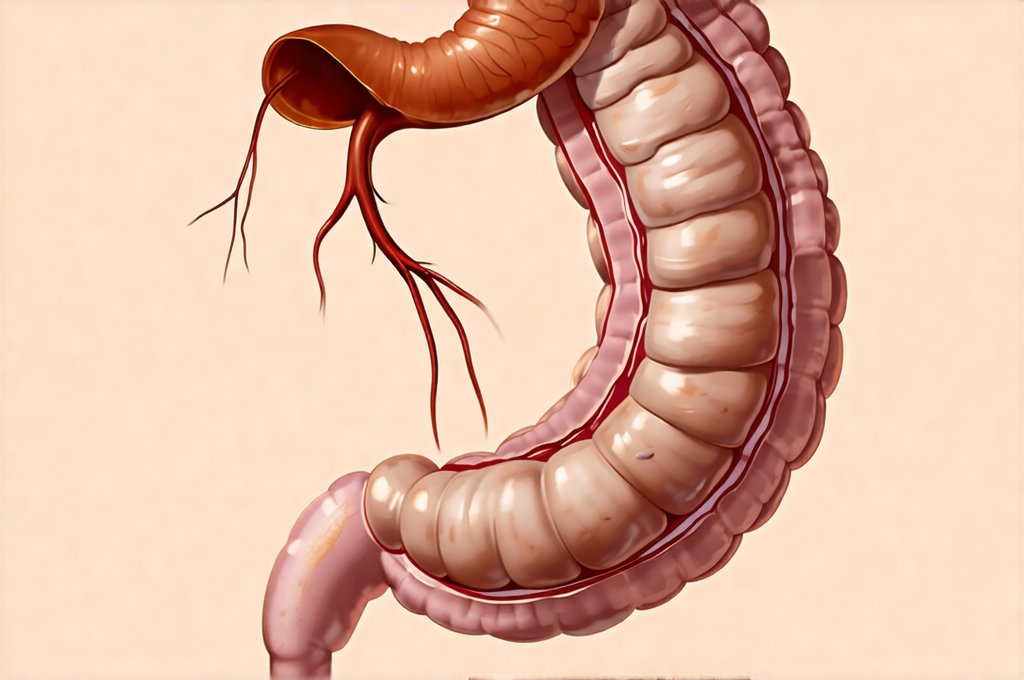The holidays, travel, stressful periods – life throws us curveballs that often involve indulging in more food than usual. It’s perfectly normal! Our bodies are remarkably resilient, but prolonged overeating can disrupt the delicate ecosystem within our gut, leading to discomfort like bloating, gas, fatigue, and even impacting mood. Understanding how to gently reset your gut after a period of indulgence isn’t about restrictive dieting or punishing yourself; it’s about supporting your body’s natural healing processes and restoring balance. It’s about recognizing that the gut is central to overall well-being, not just digestion, and proactively nurturing its health. If you are struggling with this, consider how to rebuild trust in your body after long-term symptoms.
Think of your gut microbiome – the trillions of bacteria residing in your digestive tract – as a garden. When you consistently feed it nutrient-poor foods, excess sugar, or processed items, weeds begin to grow and crowd out the beneficial plants. Overeating exacerbates this imbalance, giving less favorable microbes an advantage. Resetting isn’t about eradicating all “bad” bacteria (that’s impossible and undesirable!), but rather creating conditions where the good bacteria can thrive again, restoring diversity and functionality. This process focuses on nourishment, gentle digestive support, and mindful habits that encourage long-term gut health. Sometimes a cheat day is unavoidable, but there are ways to mitigate the effects.
Rebuilding Your Gut Foundation
The first step in resetting your gut isn’t a drastic change; it’s about returning to basics – focusing on whole, unprocessed foods. Think of this as hitting the ‘restore default settings’ button for your digestive system. This means prioritizing real food over packaged convenience items. A diet rich in fiber, prebiotics and probiotics will be key to re-establishing balance. It’s not just what you eat but also how you eat that matters – mindful eating can play a huge role.
Reducing inflammatory foods is equally important. This includes minimizing processed sugars, excessive alcohol consumption, and highly refined carbohydrates. These foods feed the less desirable bacteria in your gut and contribute to inflammation throughout the body. Replacing them with anti-inflammatory options like fatty fish rich in omega-3s, berries packed with antioxidants, and leafy green vegetables can begin to counteract some of the damage from overindulgence. Remember, this isn’t about deprivation; it’s about making conscious choices that support your gut’s recovery. If you’ve been on medication for a long time, learning gut health can be vital to rebuilding.
Hydration is often overlooked but absolutely crucial. Water helps move food through the digestive system, preventing constipation and supporting detoxification processes. Aim for at least eight glasses of water a day, and consider incorporating herbal teas like ginger or peppermint to aid digestion. Proper hydration also supports the mucosal lining of the gut, which can be compromised during periods of overeating.
Prioritizing Fiber Intake
Fiber is arguably one of the most important components of a gut-resetting diet. It acts as food for your beneficial gut bacteria – prebiotics – helping them to flourish and diversify. There are two main types of fiber: soluble and insoluble. Both are valuable, but they have different roles. Soluble fiber dissolves in water, forming a gel-like substance that slows digestion and helps regulate blood sugar levels. Insoluble fiber adds bulk to stool, promoting regularity.
Here’s how you can incorporate more fiber into your diet:
1. Increase fruit and vegetable intake – aim for at least five servings daily. Berries, apples, bananas, broccoli, spinach, and carrots are excellent choices.
2. Choose whole grains over refined grains – opt for quinoa, brown rice, oats, or whole-wheat bread instead of white bread, pasta, or rice.
3. Include legumes in your meals – beans, lentils, and chickpeas are fantastic sources of fiber and protein.
Introduce fiber gradually to avoid bloating and gas. Start with small amounts and increase intake over time as your gut adjusts. Pay attention to how your body responds and adjust accordingly. If you’ve had too much junk food, this can be a good place to start.
Incorporating Probiotic-Rich Foods
While prebiotics feed the good bacteria already in your gut, probiotics introduce live beneficial bacteria directly into your digestive system. This can help repopulate the gut with healthy microbes and restore balance. Fermented foods are naturally rich in probiotics, making them a valuable addition to a gut-resetting plan.
Some excellent sources include:
– Yogurt (look for varieties with ‘live and active cultures’)
– Kefir (a fermented milk drink)
– Sauerkraut (fermented cabbage)
– Kimchi (Korean fermented vegetables)
– Kombucha (fermented tea)
– Miso (fermented soybean paste)
When choosing probiotic-rich foods, opt for unpasteurized versions whenever possible, as pasteurization can kill the beneficial bacteria. If you’re new to probiotics, start with small amounts and gradually increase intake. You can also consider a high-quality probiotic supplement, but food sources are generally preferred.
Mindful Eating Practices
Resetting your gut isn’t solely about what you eat; it’s equally about how you eat. Practicing mindful eating involves paying attention to your body’s hunger and fullness cues, savoring each bite, and avoiding distractions during meals. Overeating often happens when we eat quickly or without paying attention to our bodies.
Here are some tips for practicing mindful eating:
1. Eat slowly – take smaller bites and chew thoroughly.
2. Eliminate distractions – turn off the TV, put away your phone, and focus on your meal.
3. Pay attention to your hunger and fullness cues – stop eating when you feel satisfied, not stuffed.
4. Practice gratitude for your food – appreciate where it came from and how it nourishes your body.
Mindful eating helps you reconnect with your body’s natural signals, promoting better digestion and preventing overeating in the future. It’s a skill that takes practice, but the benefits are well worth the effort. If you experience flare-ups, mindful eating can help you understand your limits.
The key takeaway is that gut resetting isn’t about quick fixes or restrictive diets. It’s a holistic approach to nourishing your digestive system and supporting its natural healing processes. By focusing on whole foods, prioritizing fiber and probiotics, and practicing mindful eating habits, you can restore balance, improve digestion, and enhance overall well-being. Be patient with yourself – gut health is a journey, not a destination. It requires consistent effort and attention, but the rewards are significant. Listen to your body, make small changes gradually, and celebrate your progress along the way. If this feels overwhelming, it can be helpful to talk to family about your needs and build a support system.


















